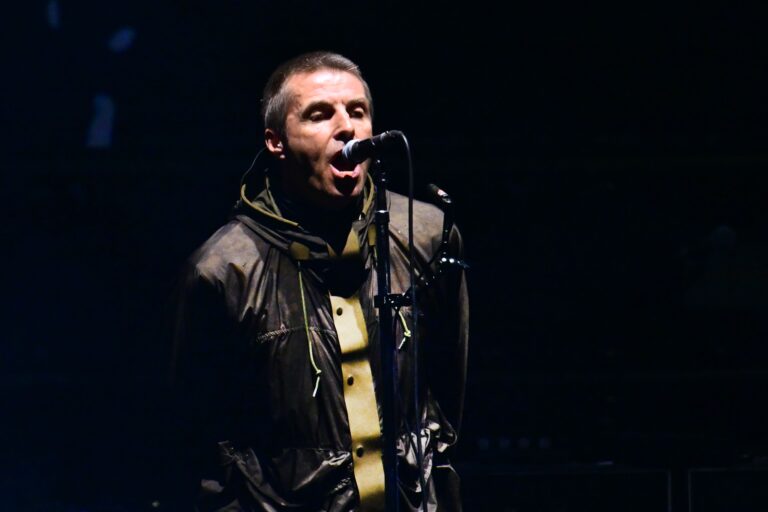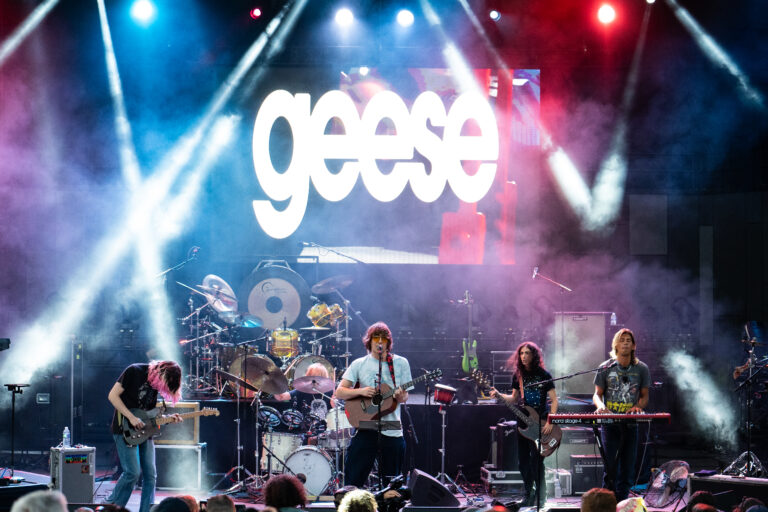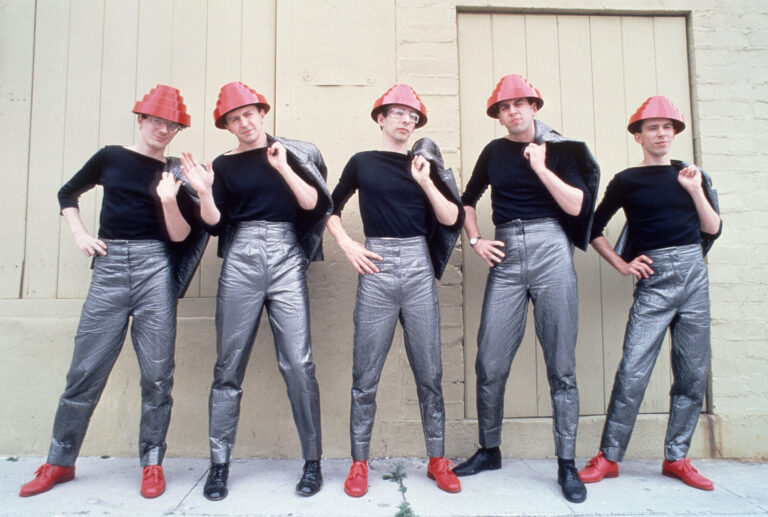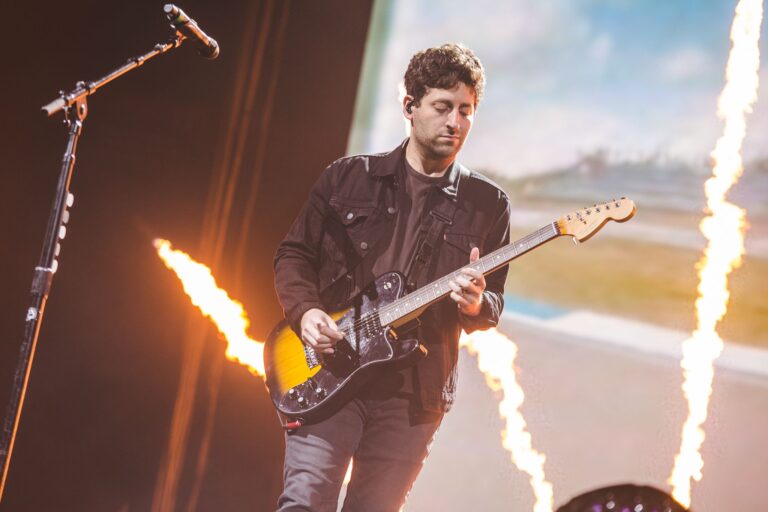
Letter from John Lennon to Eric Clapton Heading to Auction

The recently surfaced eight-page handwritten note from John Lennon to Eric Clapton provides compelling insights into the notable friendship and potential collaboration between the two legendary musicians. This draft letter, dated September 29, 1971, is set to be auctioned on December 5 by International Autograph Auctions Europe SL, with an estimated sale price ranging from €100,000 to €150,000 (approximately $104,000 to $157,000). The letter not only reflects the high regard Lennon had for Clapton's musical prowess but also outlines Lennon's vision of forming a new band—a band that Clapton was strongly encouraged to join.
In the letter, Lennon opens by expressing his and Yoko Ono's admiration for Clapton's musical talent and unique creativity. The tenor of the letter suggests a deep level of respect and a genuine desire for collaboration. At the time, Clapton was experiencing a difficult phase in his life, struggling with heroin addiction and keeping a low public profile. Lennon, understanding Clapton's struggles, reaches out with an offer of support and partnership, hoping to leverage Clapton's monumental skill in a new musical venture that could elevate all involved to greater creative heights.
Throughout the letter, Lennon makes it clear that Clapton’s contributions would be central to the band's dynamics. He envisaged a group that would bring together talent from his previous collaborations with the Plastic Ono Band, including musicians like Klaus Voorman, Jim Keltner, Nicky Hopkins, and the famed producer Phil Spector. Lennon was evidently passionate about this formation, phrasing his letter with urgency and a sense of excitement about the possibilities their group could create. Despite the personal difficulties Clapton was enduring, Lennon seeked to reassure him, expressing a belief that collaborating with musicians who both respected and admired Clapton could positively influence his well-being and creativity.
The note also candidly acknowledges Clapton's potential reluctance and fears, with Lennon urging him not to be afraid. He expresses empathy for Clapton’s condition, pointing out the understanding and respect that could form the basis of their collaboration. Through this heartfelt communication, Lennon hoped to engender a sense of belonging and relevance for Clapton—factors he was likely missing due to his personal battles. While this invitation was ultimately declined by Clapton, it represents a notable episode of potential creative synergy that could have altered the rock music landscape.
Additionally, the draft of the letter includes several corrections and edits, making its auction particularly intriguing for collectors and fans alike. This handwritten artifact captures a fascinating glimpse into the personal rapport between Lennon and Clapton, revealing how their paths intertwined at a critical juncture in both their lives and careers. This document, significant in its raw and personal nature, represents not only a preserved piece of history but also an exploration of friendship and creativity that transcended personal challenges.
Key Takeaways
-
www.billboard.com | A handwritten letter from John Lennon to Eric Clapton, urging Clapton to join a new band he was forming, is set to be auctioned with an expected price of €100,000 – €150,000.
-
www.billboard.com | The letter, dated September 29, 1971, includes an invitation for Clapton to contribute to a band that would extend the collaborative spirit of the Plastic Ono Band.
-
www.billboard.com | Amid his struggles with heroin addiction, Eric Clapton was reassured in Lennon's letter that working with those who admired and respected him could be beneficial.
-
www.billboard.com | John Lennon's letter praised Clapton's musical talents and expressed a belief in Clapton's potential to achieve greater creative success.
-
www.billboard.com | Despite the compelling offer and John Lennon's persuasive appeal, Eric Clapton ultimately declined to join the band proposed in the letter.





















